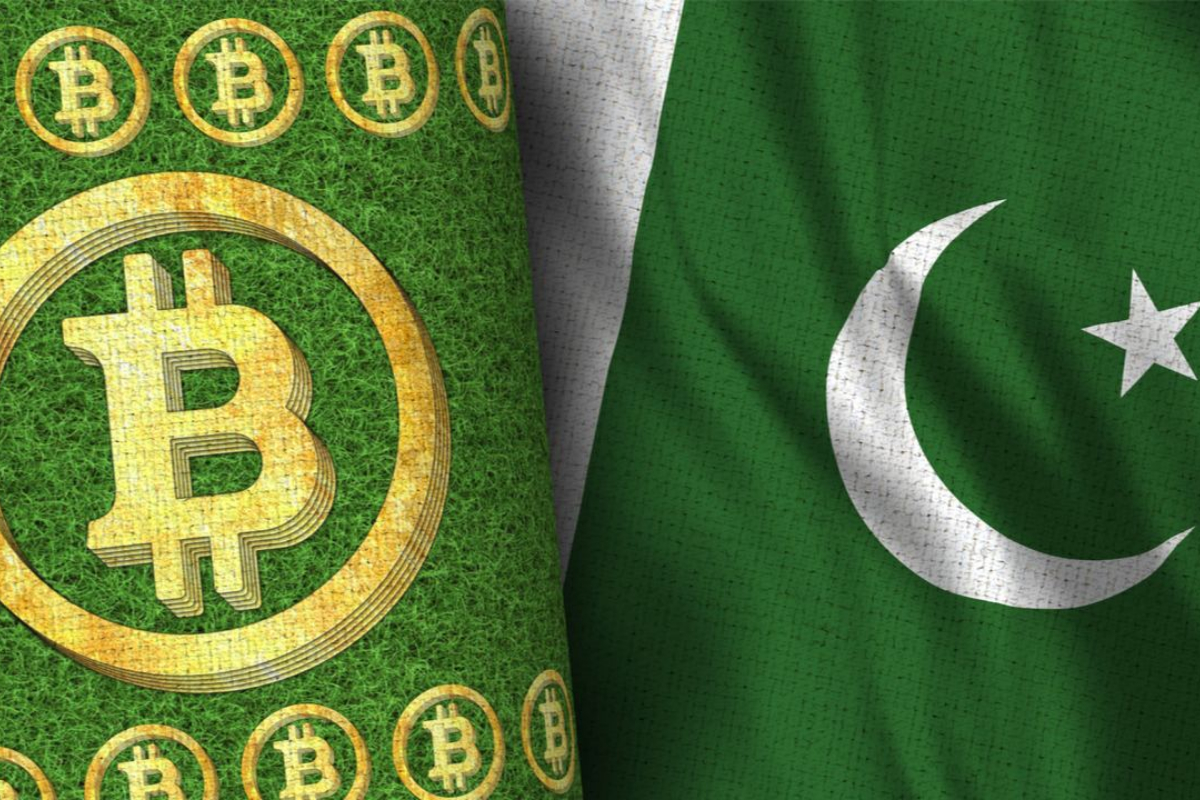- The United Kingdom joined other European countries in an expensive race.
- They need to prevent their economies from freezing up this winter.
- Russia confirms plans to subsidize energy bills for homes and companies.
The United Kingdom joined other European countries in an expensive race to prevent their economies from freezing up this winter as Russia cuts off supply of gas on Thursday by confirming plans to subsidize energy bills for homes and companies.
Analysts estimated that the UK plan might cost as much as £150 billion ($172 billion). The cost of the region feeling the pain of rising prices is already more than €500 billion ($500 billion). Add that to previous pronouncements of a similar nature by the governments of Germany, Austria, and other EU nations.
The average UK home will pay no more than £2,500 ($2,880) per year for electricity starting in October. For the upcoming six months and possibly longer, the government will also assist companies, charities, and public sector groups with their energy bills.
According to Salomon Fiedler, an analyst at Berenberg bank, “the program will be relatively expensive because it does not explicitly target the most needy but is fairly broad-based.”
“The household assistance program may cost around £100 billion, or more than 4% of the UK’s GDP. Additional business-related measures might bring the overall cost to about £150 billion, he added.
The support is sorely needed by Britons. The typical household energy cost has already jumped this year by 54% to £1,971 ($2,263). Bills would have risen above £3,500 in October and even higher sooner next year without the new price cap proposal. Even more increases were expected, and several businesses have issued warnings that they wouldn’t make it through the winter.
Finance Minister Kwasi Kwarteng stated in a statement that “the cost of inaction would have been considerably larger than the expense of our intervention.” Later this month, he is expected to disclose the price.
UK Prime Minister Liz Truss again rejected the idea of slapping a new “windfall tax” on the booming energy company earnings to pay for the measures when she unveiled them in parliament.
Investors who are already alarmed by the state of the nation’s finances may become even more alarmed by this plan. Heavy borrowing might persuade investors to sell the pound, which has already fallen to its lowest point in 37 years, causing prices to rise even more.
$500 billion worth of intervention
The European Union and the United Kingdom have already committed €280 billion ($280 billion) to shielding consumers from skyrocketing energy prices, according to Bruegel, a Brussels-based think tank.
The investigation took into account financial commitments made between September 2021, when the price of energy began to rise, and July of this year. They consist of actions taken to alleviate various cost-of-living pressures.
Europe and the United Kingdom have collectively pledged to pay more than €500 billion ($500 billion) in bill subsidies so far.
But as the energy confrontation with Russia intensifies, governments are aware that more needs to be done.
EU energy ministers will meet in an extraordinary session on Friday. A price cap on Russian natural gas, which would eliminate the price correlation between gas and electricity, as well as a requirement that countries use less energy overall will be on the table.
President of the EU Commission Ursula von der Leyen told reporters on Wednesday, “We must restrict Russia’s earnings, which Putin uses to finance this heinous war against Ukraine.
[embedpost slug=”biden-remarked-about-russias-weaponization-of-energy-on-call-with-allies”]





















